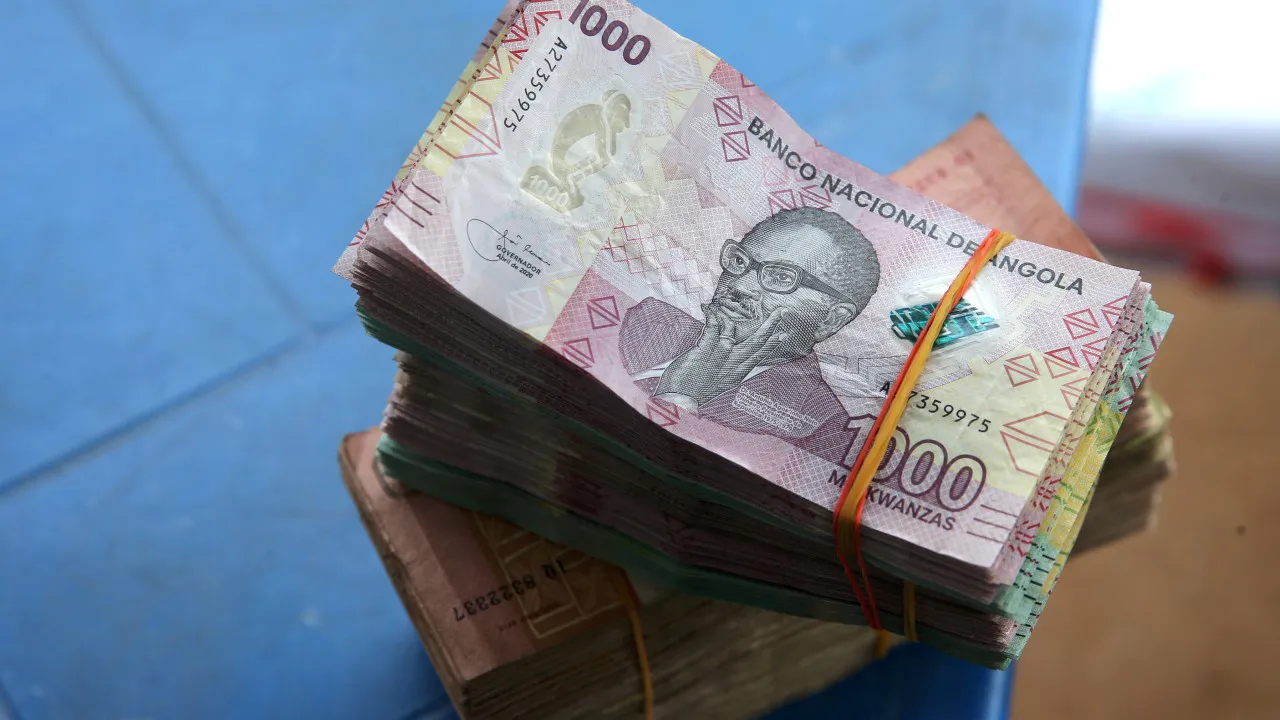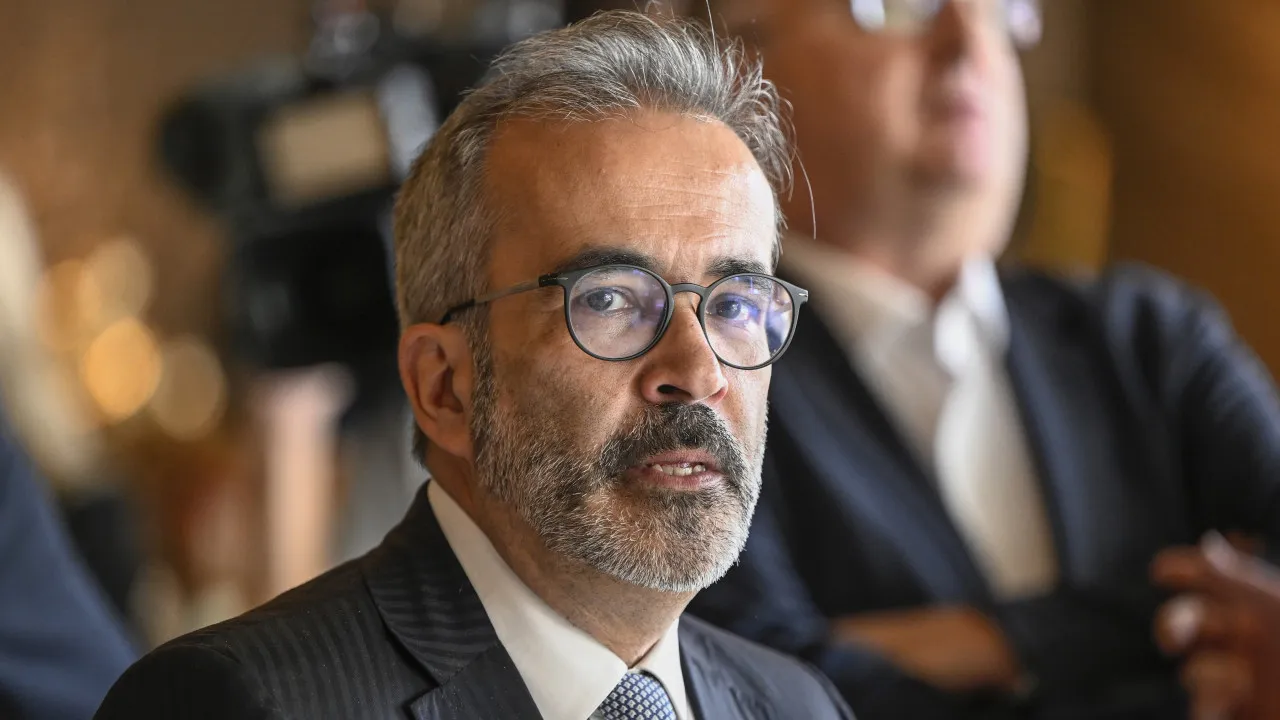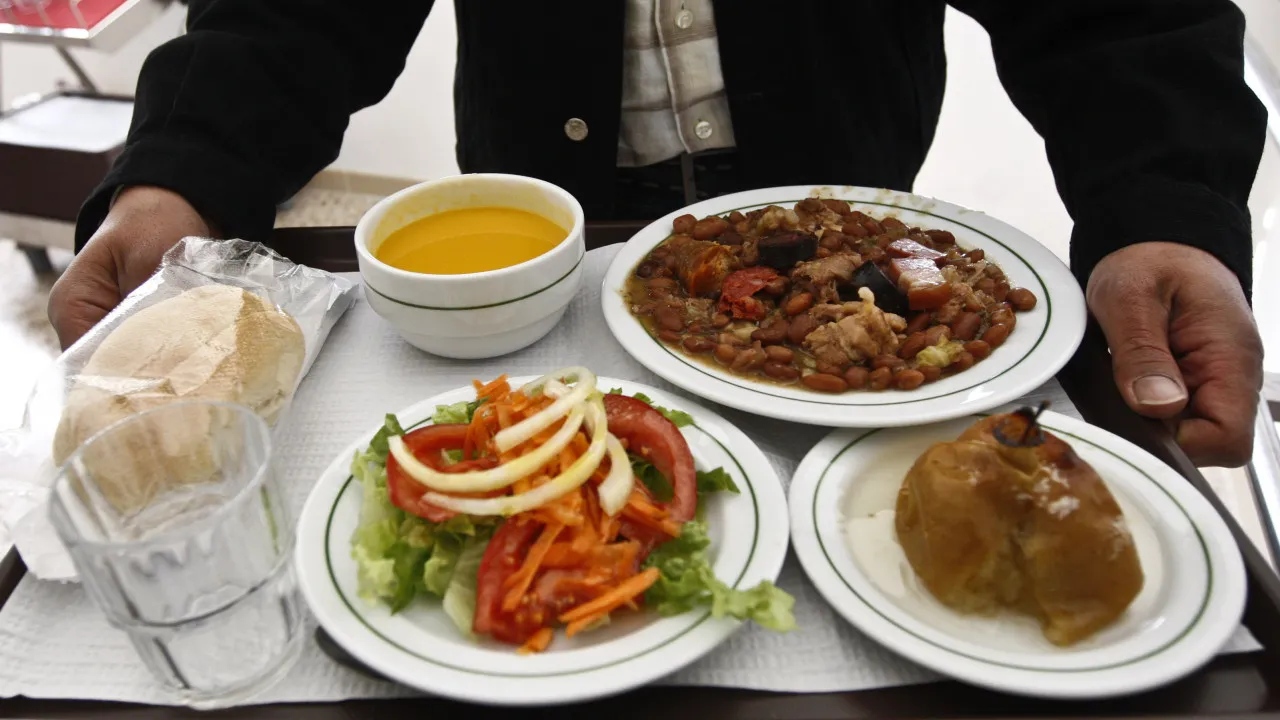
José Leiria, speaking at a workshop on “Prevention and Detection of Fiscal Crimes,” highlighted that tax crimes remain “a significant concern” for Angola’s tax authorities. He emphasized that these amount to taxes unpaid by taxpayers, which the General Tax Administration (AGT) has been recovering through coercive collection mechanisms.
Leiria indicated that non-oil tax revenues should contribute around 15% to the Gross Domestic Product (GDP), but currently amount to only 10%.
He noted that coercive collection is simpler than assessing criminal misconduct, analyzing data, working with evidence, and engaging with the Criminal Investigation Service and the Prosecutor General’s Office, which presents more complexity.
Irregular tax declarations submitted to the AGT by accountants are among the primary violations detected by Angola’s tax authorities.
“Broadly, we find that many accountants just rely on the information provided by companies and close the accounts with only those details,” said Leiria, advocating for seminars to be directed toward accountants as well.
“In cases where we find irregularities warranting criminal liability, accountants who signed the accounts can also, depending on their degree of involvement, intent, or gross negligence, be involved in the process through competent authorities,” he stressed.
Leiria urged accountants to require adequate information from their clients, ensuring that the accounts they sign and submit to the AGT accurately reflect the commercial activities of the represented companies.
The leader of Angola’s tax authority stated that there’s still “a long road ahead” in combating tax offenses in the country. He noted that since 2024, Angola’s tax authorities have implemented a tax intelligence system to identify discrepancies in taxpayer declarations.
Meanwhile, the head of the United Nations Office on Drugs and Crime (UNODC), Manuela Carneiro, mentioned that the organization has been supporting Angolan authorities in strengthening institutional capacity to prevent money laundering and combat financial and organized crime.
Carneiro emphasized that Angola “has taken concrete, important steps” in fighting tax crimes. The country recently joined the Seville Commitment, “courageously prioritizing the fight against corruption and illicit financial flows as a national priority.”
“Angola is decisively paving this path with a sense of statehood and determination. It is time to reaffirm that all resources must be protected, that fiscal justice should prevail, and that development should benefit everyone,” she stated.
The workshop was organized by the Coordinated Border Management Committee (CGCF) to initiate technical capacity-building processes promoted by the AGT, the Prosecutor General’s Office, the Criminal Investigation Service, and courts, with technical support from the UNODC and funding from Japan.




